Professional journalists are always present at the scene to record events accurately and objectively.
Each citizen is a miniature "broadcasting station"
With just a smartphone connected to the internet, anyone can record an event, post pictures, videos , share personal opinions and spread to thousands, even millions of others in just a few minutes. Social networks have turned each individual into a miniature "broadcasting station". And from there, the concept of citizen journalists was born - people who are not on the editorial staff, do not have a press card but often share and update news in their own way.
The emergence and development of citizen journalism is an inevitable part of the process of information democratization. On the positive side, it is a vivid manifestation of freedom of speech, a rich source of data reflecting life issues in a quick and multi-dimensional way. Many times, images and clips at the scene recorded by people themselves have become valuable clues to help professional journalism promptly approach, investigate and clarify the truth and the nature of the problem behind those photos and documentary clips.
However, citizen journalism also has many potential risks. While professional journalism must comply with strict editorial censorship processes, information verification, professional ethics, and current laws, many citizen journalists act based on emotions, personal opinions, or the purpose of attracting views. That is why fake news, false information, sensationalism, images that violate privacy rights, etc. appear everywhere, causing many people to misunderstand, be misled, and even be hurt, eroding public trust.
A recent incident in Thai Binh is a clear demonstration of the dark side of citizen journalism. On September 10, 2024, a Facebook account named Phuong Tham posted information with a clip about "the water level of Tra Ly River is rising, people should limit going through Vu Dong Bridge because a ship collided with the bridge body". This information quickly spread, causing panic among local public opinion at the time of heavy flooding after storm No. 3. In fact, through verification by Thai Binh City Police, the above content is completely untrue. The shared clip did not take place in Thai Binh and there was no ship collision. Working at the City Police headquarters, the owner of the Facebook account, Luong Thi Tham, residing in Ky Ba Ward, admitted to sharing unverified information based on personal feelings. After being worked with by the authorities, she voluntarily removed the post, pledged to comply with legal regulations and be more careful in posting information.
Although the incident was handled promptly, it raises a big question: In a world where information spreads at breakneck speed, is every status line, every click of the “post” button carefully considered for its social and legal consequences?
More than just a messenger
In a context where anyone can report news, what makes professional journalism irreplaceable is the responsibility to inform. Journalists are not only people who collect and convey events, but also people who are socially responsible for what they write before the law, professional ethics and the public. Behind each article is a multi-layered verification process, a consideration between the public's right to know and the individual's right to privacy, between freedom of information and the obligation to protect the truth. It is a principled commitment, a heart that goes hand in hand with scope - something that citizen journalism can hardly ensure to fully implement.
However, instead of considering citizen journalism as a counterweight, mainstream journalism should consider it as a component part of the modern media ecosystem. It is the interaction, even collision, between these two streams, if properly oriented, that can create a multi-dimensional, closer and more humane journalism. In that relationship, the boundary between citizen journalists and professional journalists becomes extremely important. Professional journalists lead the mission of being news reporters, and at the same time are responsible for the information they publish. Behind each article, each photo, each headline are legal, ethical and social impact considerations. It is a principled commitment, a heart that goes hand in hand with the journalist's scope. However, instead of seeing citizen journalism as a threat, mainstream journalism should consider it as part of the new media environment, where intersection is inevitable.
Reality has shown that spontaneous video clips of citizens can be a source of information and a clue to investigation. Status lines can suggest a big topic; even, citizens themselves in the role of witnesses, insiders can contribute to making press information more authentic, vivid and closer than ever. The problem is, this intersection, if properly oriented and resonated, will open up a great opportunity: forming interactive journalism, multi-dimensional and more humane journalism. Journalists today know how to listen to public opinion on social networks, effectively exploit information provided by people, while maintaining professional qualities to clarify the bad and lead public opinion with kindness, honesty and objectivity, which will overcome boredom, monotony, one-sidedness and, most importantly, make each press work more full of life.
Keep the faith
In today's noisy and chaotic flow of information, the role of professional journalists is becoming increasingly important. Not to compete for the position of the first news reporter, but to become the one who reports the correct news and is responsible for that correctness. Not to overshadow citizen journalism, but to create standards for journalism. To do that, I think, every professional journalist not only needs to "go faster" but also "go deeper" into life and into each information stream. In addition to reporting early, it is necessary to report correctly. Reporting correctly, one must also write in a humane, profound, and directional way. That is the difference and also the irreplaceable value of professional journalism in the modern flow of information, affirming the role and unchangeable position of professional journalists among the forest of citizen journalists.
The 100th anniversary of Vietnam Revolutionary Press Day (June 21, 1925 - June 21, 2025) is a time for every journalist to look back at their mission in a world that is changing every hour. When everyone can "speak up", journalists cannot remain silent; but that voice must be rational, courageous, have love for the truth and believe in the enlightening function of journalism. The boundary between citizen journalists and professional journalists, between emotion and reason, between rumor and truth is where journalism needs to continue to assert itself.
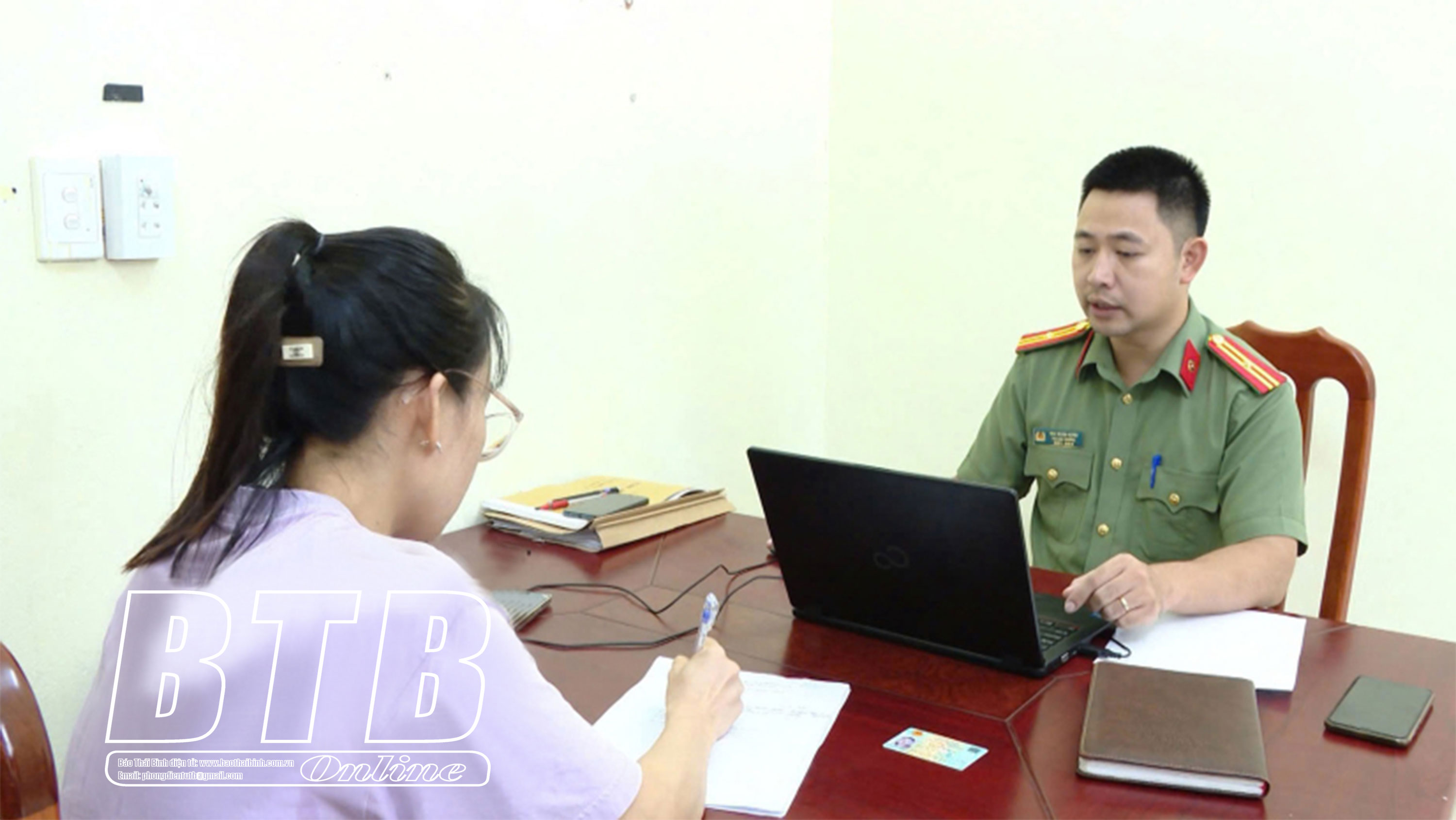
Thai Binh City Police are working with the subject who posted false information on Facebook about the flood situation and the ship colliding with the Vu Dong bridge.
Ha Thanh
Source: https://baothaibinh.com.vn/tin-tuc/9/225593/ranh-gioi-giua-nha-bao-cong-dan-va-nha-bao-chuyen-nghiep


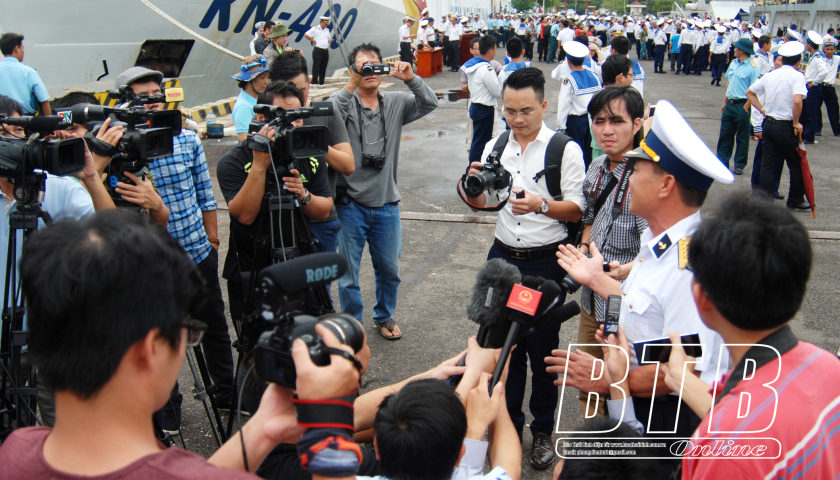








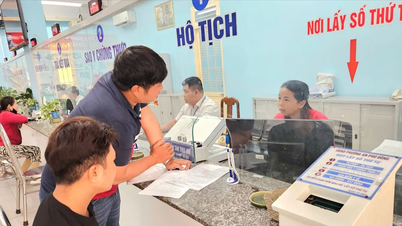


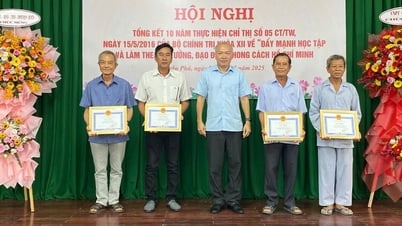


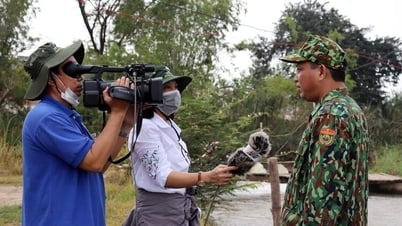









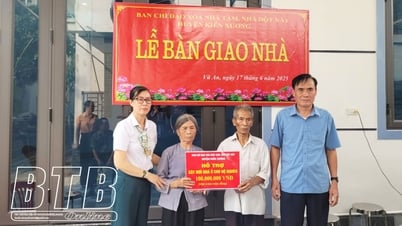













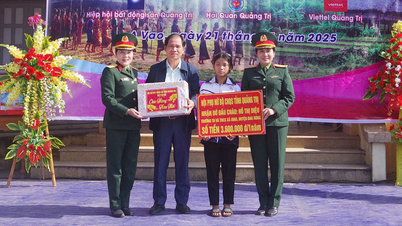





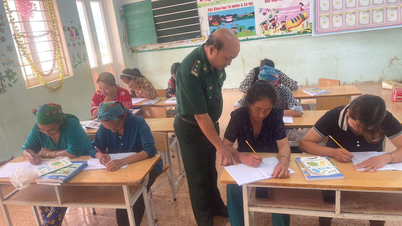







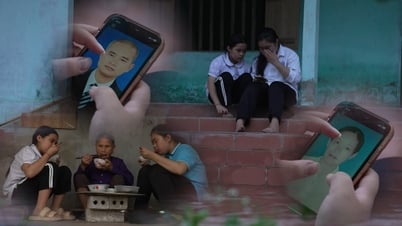

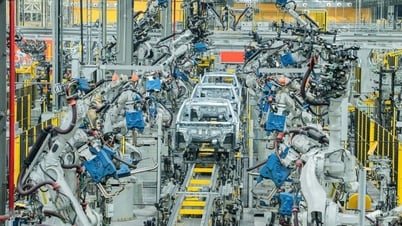

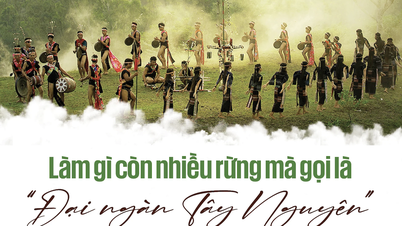

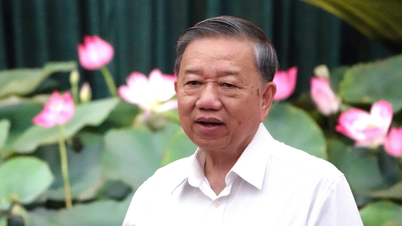

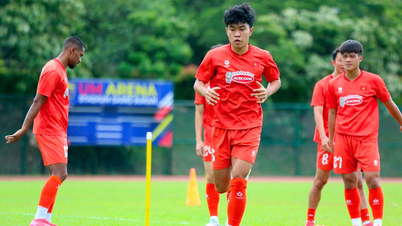










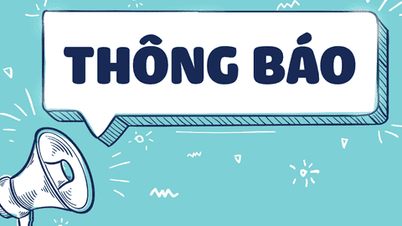

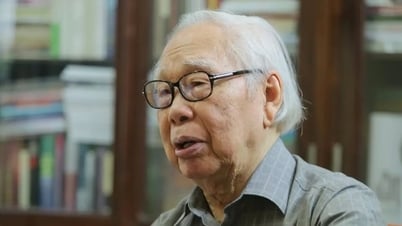

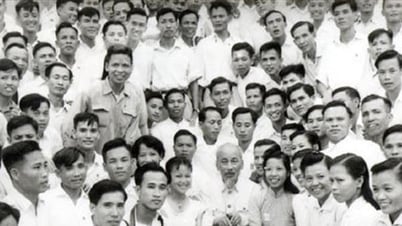
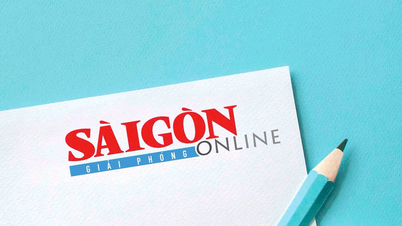
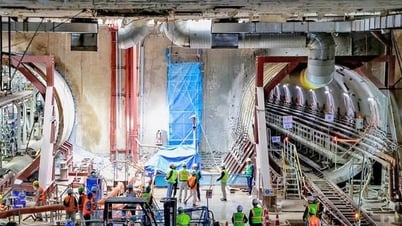












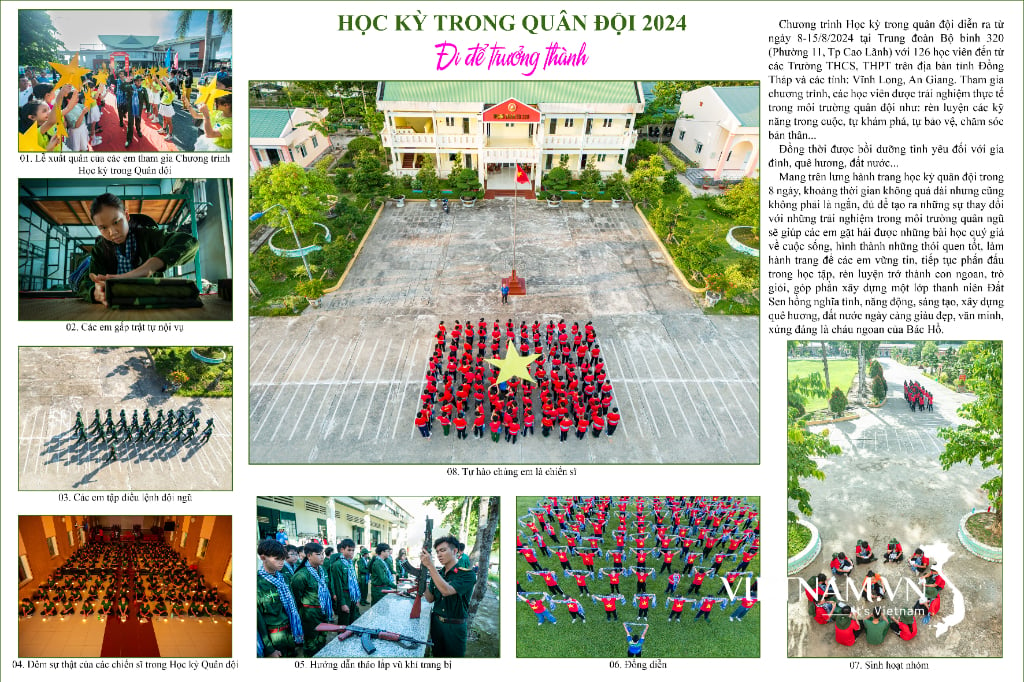

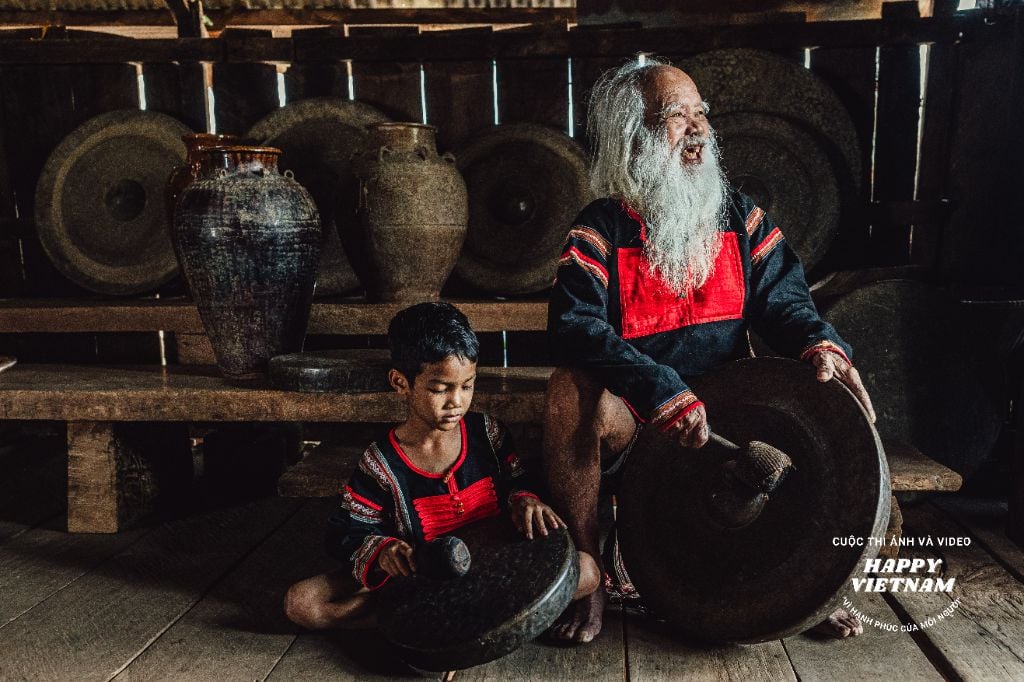
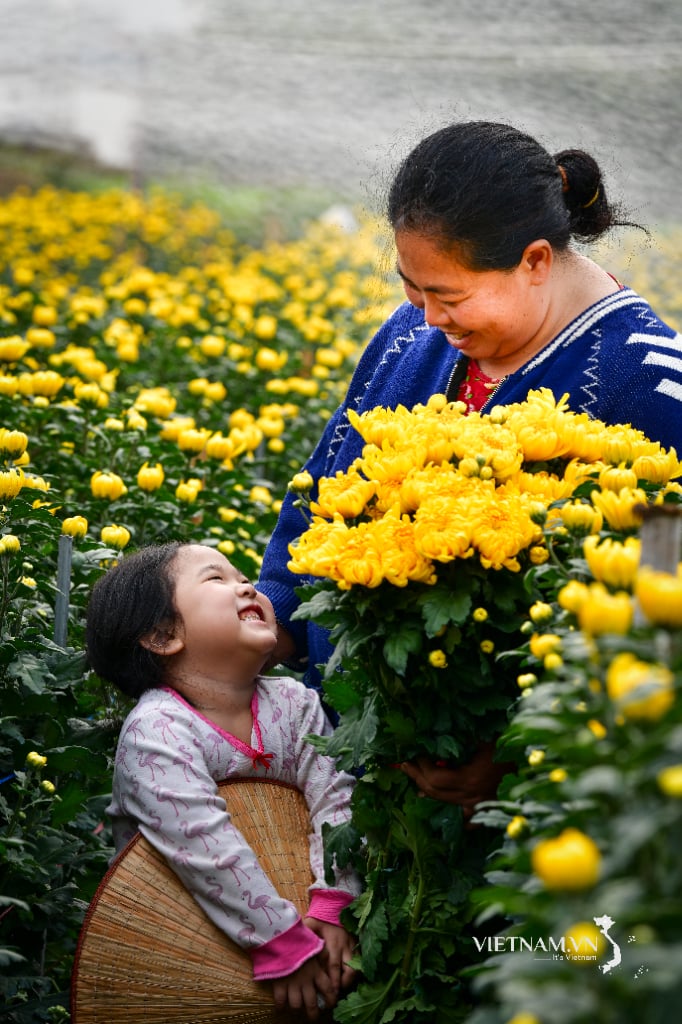
Comment (0)